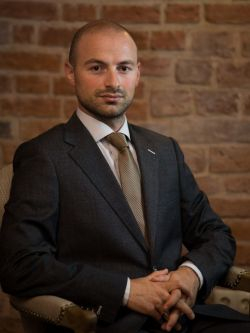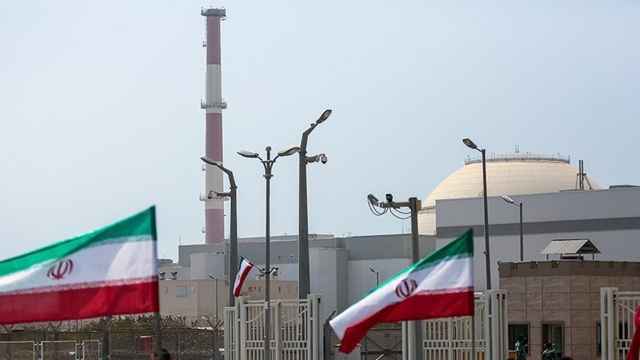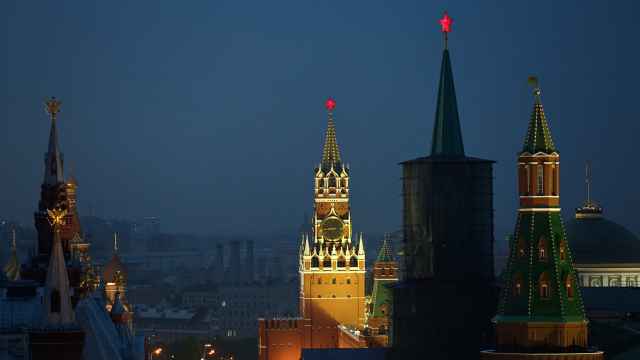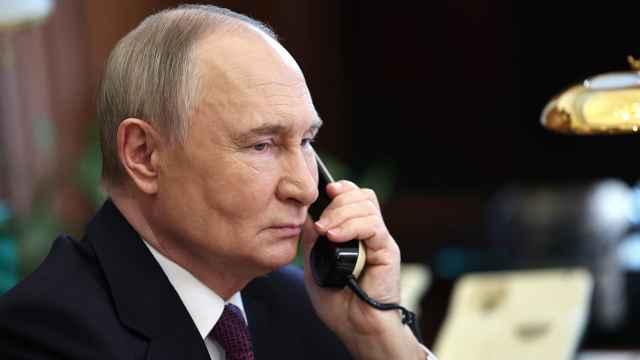
Alexander Ksenofontov
Senior Lawyer
Levine Bridge Law Firm
While working in Russia, employers are obligated to provide access to medical care to foreign citizens who are classified as highly qualified specialists and to their accompanying family members.
The provision of such access by the employer to the highly qualified specialist is a condition that must be included in the terms of the employment agreement between the employer and employee.
An employer can guarantee access to medical care in two ways:
- Purchase for the highly qualified specialist and his/her family members medical insurance policies that are considered valid on the territory of the Russian Federation;
- Conclude a contract with a medical organization according to which a highly qualified specialist and his/her family members will be eligible to receive primary and specialized medical care.
In the first instance, we are referring to an agreement that is entered into with the insurance company whereby that agreement (purchased policy) is a form of insurance contract.
In the second instance, we are referencing an agreement for purchased medical services between the employer and the medical organization, an agreement that, if entered into, is in the interest of the highly qualified specialist (on behalf of a third person). It is important to understand that any organization providing medical care carries out its provision of medical services on the basis of a licence. Thus, under such an agreement with a medical organization, it is basically an agreement with the clinic, hospital, medical center and so on.
With regards to any policy of medical insurance, the law does not stipulate that the given policy must be issued by a Russian insurance provider. Most important is that the policy be valid on the territory of the Russian Federation. In other words, a policy can be issued by a foreign insurance provider.
A policy and/or contract with a medical organization must cover not only emergency medical care that may be required in the event of an accident or acute condition, but must also cover primary and specialized medical care.
Primary health care is the foundation of the health care system and includes measures for the proper prevention, diagnosis and treatment of diseases, as well as medical rehabilitation, obstetric care, promotion of a healthy lifestyle and health awareness of the population. Primary health care is provided on an outpatient basis and in day clinics.
Specialized medical care is provided by medical specialists and includes prevention, diagnosis and treatment of diseases and other conditions (including pregnancy, childbirth and the postpartum period), requiring the use of special techniques and complex medical technologies, as well as medical rehabilitation. Specialized medical care is provided in a hospital or in day clinics.
In accordance with the organization of primary health care (approved by Order No. 487 of the Health and Social Development Ministry of the Russian Federation, dated July 29, 2005) outpatient care includes:
- providing first (pre-medical, medical) and emergency medical care to patients with acute illnesses, injuries, poisonings and other conditions deemed as severe or as an emergency;
- measures to prevent and reduce diseases, incidences of abortion, early detection of diseases, socially significant diseases and other risk factors;
- diagnosis and treatment of various diseases and conditions;
- treatments for rehabilitation;
- clinical expertise to work on assessing the quality and effectiveness of therapeutic and diagnostic measures, including the examination of temporary disability;
- medical observation of patients, including some categories of citizens who are eligible to receive a wide range of social services;
- medical examination of pregnant women and women in childbirth;
- medical examinations of healthy and sick children;
- dynamic health monitoring of growth and the development of the child;
- formulation of programs for early childhood nutrition;
- organization of additional free medical care to certain categories of citizens, including the provision of essential drugs;
- establishment of medical conditions and referrals to public health care agencies for specialized types of medical care;
- establishment of medical conditions for treatment, including some categories of citizens who are eligible to receive a wide range of social services;
- medical students and/or students of general educational institutions, and correctional types;
- conduct sanitary and epidemiological measures, vaccination programs in the prescribed manner;
- creation of educational programs to promote better sanitation and hygiene, including issues relating to healthier lifestyles;
- medical consultation and medical career guidance;
- health care training for young men in preparation for military service
Inpatient care includes:
- Provision of emergency medical care to patients with acute illnesses, injuries, poisonings and/or other emergency conditions;
- diagnosis and treatment of acute and chronic illness, poisoning, injuries, illness during pregnancy, childbirth, the postpartum period, as well as abortion and other conditions requiring constant medical observation or patient isolation in the event of signs of an epidemic illness;
- treatments of rehabilitation.
We hope that this information will be useful to those foreign citizens who are highly qualified specialists as well as to their accompanying family members.
A Message from The Moscow Times:
Dear readers,
We are facing unprecedented challenges. Russia's Prosecutor General's Office has designated The Moscow Times as an "undesirable" organization, criminalizing our work and putting our staff at risk of prosecution. This follows our earlier unjust labeling as a "foreign agent."
These actions are direct attempts to silence independent journalism in Russia. The authorities claim our work "discredits the decisions of the Russian leadership." We see things differently: we strive to provide accurate, unbiased reporting on Russia.
We, the journalists of The Moscow Times, refuse to be silenced. But to continue our work, we need your help.
Your support, no matter how small, makes a world of difference. If you can, please support us monthly starting from just $2. It's quick to set up, and every contribution makes a significant impact.
By supporting The Moscow Times, you're defending open, independent journalism in the face of repression. Thank you for standing with us.
Remind me later.





